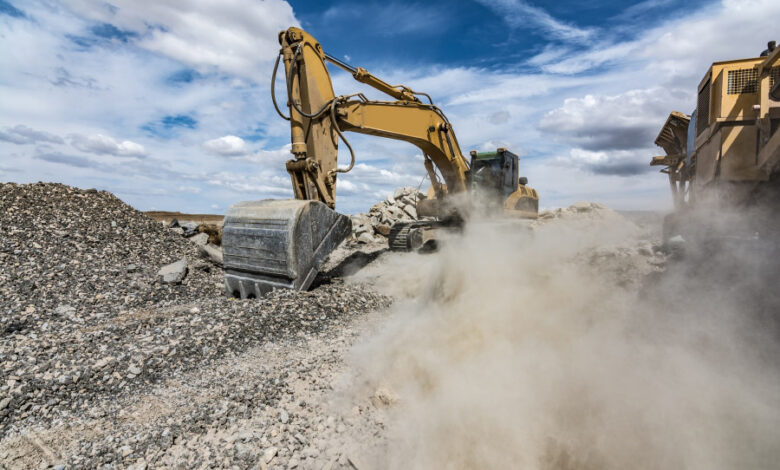Why Is It Important To Manage The Health Risks Of Construction Dust?

Construction dust is a significant health hazard that can lead to respiratory problems and reduce the quality of life. To protect workers, construction companies should implement dust control measures like ventilation, personal protective equipment, and regular cleaning. This ensures compliance with safety regulations and promotes employee well-being. Managing the health risks of construction dust is paramount for ensuring the well-being of workers, maintaining productivity, and reducing costs associated with occupational illnesses.
Health risks associated with construction dust
Construction dust is not just an annoyance; it can have serious implications for the health of those exposed to it. Inhaling construction dust can lead to a variety of health issues, ranging from mild irritations to life-threatening conditions. The primary health risks associated with construction dust include respiratory problems such as coughing, wheezing, and shortness of breath. Prolonged exposure to construction dust can lead to significant health risks, including respiratory problems and chronic lung diseases such as silicosis. Implementing effective dust control measures, such as preventive measures, engineering controls, proper maintenance, and using specialized tools and equipment, not only prioritizes the health and productivity of the workforce but also contributes to the long-term success and sustainability of a construction business.
Impact of construction dust on productivity
Beyond the health risks, construction dust can also have a significant impact on productivity. Dust particles can settle on surfaces and equipment, impairing visibility and causing machinery to malfunction. This not only slows down the construction process but also increases the likelihood of accidents and errors. Moreover, poor air quality due to dust can affect concentration and focus, leading to errors and delays in project completion. By effectively managing construction dust, contractors can ensure a clean and safe working environment, promoting productivity and minimizing disruptions. BossTek dust control measures not only protect the health of workers but also contribute to the overall efficiency and success of a construction project.
importance of managing construction dust
Effective management of construction dust is crucial for maintaining a safe and healthy work environment. Inhaling dust particles can lead to serious respiratory issues and exacerbate existing health conditions. Implementing proper dust control measures, such as using dust suppression equipment and maintaining good ventilation, is essential for protecting both workers and the surrounding community from the harmful effects of airborne dust. Furthermore, managing construction dust effectively can help companies comply with regulatory standards and avoid potential fines or legal repercussions. Prioritizing dust management not only promotes a safer workplace but also demonstrates a commitment to environmental and public health responsibilities. By investing in dust control measures that safeguard the health of workers, contractors can maintain a skilled and motivated workforce, reducing absenteeism and turnover.
Best practices for managing construction dust
To effectively manage construction dust, implement dust control measures such as using dust barriers, sealing off work areas, and using wet methods for cleaning. Regularly clean construction tools and equipment to prevent dust buildup, and ensure proper ventilation on the construction site. Provide workers with personal protective equipment, such as respirators and goggles, to minimize dust exposure. Regularly monitor and inspect the site for dust levels, and address any issues promptly. By following these best practices, you can protect the health and safety of workers and reduce their environmental impact.
Ultimately, embracing dust control as an integral part of construction operations is an investment in the long-term success and sustainability of the business, fostering a healthier and more prosperous future for all involved.




